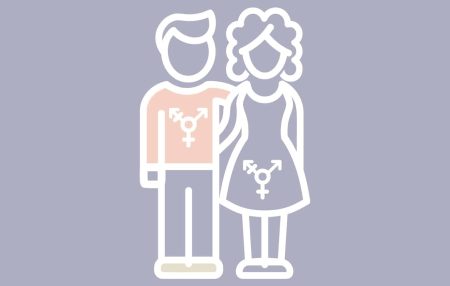19 January 2018
There have been a number of significant developments in UK fertility law, policy and practice in recent months and its association with family law.
On 15 December 2016 the HFEA approved the use of a new and innovative medical technique, which is known as mitochondrial donation. This could help around 15% of people affected by genetic diseases. UK fertility clinics can now apply to the HFEA for permission to use this technique in fertility treatment.
In February 2017, research from Harvard University found that women who work more than 40 hours a week may take 20 percent longer to get pregnant compared with women who work 21 – 40 hours a week. Their research found that lifting heavy loads several times a day may delay pregnancy by as much as 50 percent. It reported that physical strain lifting, 8 hours a day on your feet, working nightshifts and long hours at work may impair women’s pregnancy prospects. This prompted headlines that “female bankers are the least likely to conceive through IVF” and “women who work a lot may struggle to get pregnant”.
The spotlight then fell on UK fertility clinic practices. We read about “cash for eggs”, egg freezing, expensive “add-on” treatments and misleading sales pitches to fertility patients. Consequently, in May 2017 the HFEA investigated alleged breaches of its code of practice and announced it had taken enforcement action in September 2017.
Over the last year, women have been reminded not to be overly optimistic about getting pregnant in their late 30s and 40s. Companies like Apple and Facebook have started to offer fertility benefits including egg freezing to female employees. This has driven increased interest in egg freezing across the UK.
In May 2017, the HFEA issued a statement about egg freezing. It warned clinics to give accurate predictions about the chances of success, highlighting that data is limited and that available national data showed that the pregnancy rate is around 22% for women of all age groups.
A new style app, ‘Just A Baby’ launched in the UK in May 2017 bringing together prospective parents, co-parents, egg and sperm donors and surrogates. With potential candidates in your local area now just a swipe-away, it brings a new dimension to having a baby. Modern families and those formed through assisted conception represent more legally complex and difficult cases to manage and resolve. Deciding to start a family is a big step financially, practically, legally and emotionally. This makes it more important than ever before for modern families to have a strong legal foundation.
In September 2017 in a legal first, the English High Court awarded damages of £74,000 to a woman for surrogacy following a delay in detecting cancer in smear tests and biopsies. I gave expert evidence on fertility and family law issues in this case and it was a first-of-its kind award following complex court proceedings. It marked the meeting of medical negligence and fertility law in the UK and sparked debate about a new ‘fertility’ head of claim.
In December 2017, The Law Commission of England and Wales published its report on a 13th Programme of Law Reform. It announced it intends to review surrogacy law over the next 2-3 years to reach recommendations and potential draft legislation, taking the view surrogacy law is outdated, unclear and requires comprehensive reform.
In December 2017, the government also published a paper and draft remedial order to enable single people to apply for a parental order subject to meeting prescribed legal criteria. It is hoped this will pass into new law later this year.
Fertility law, policy and practice continues to evolve and this makes it important to understand and proactively manage the complex legal issues on a case by case basis.




